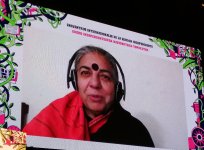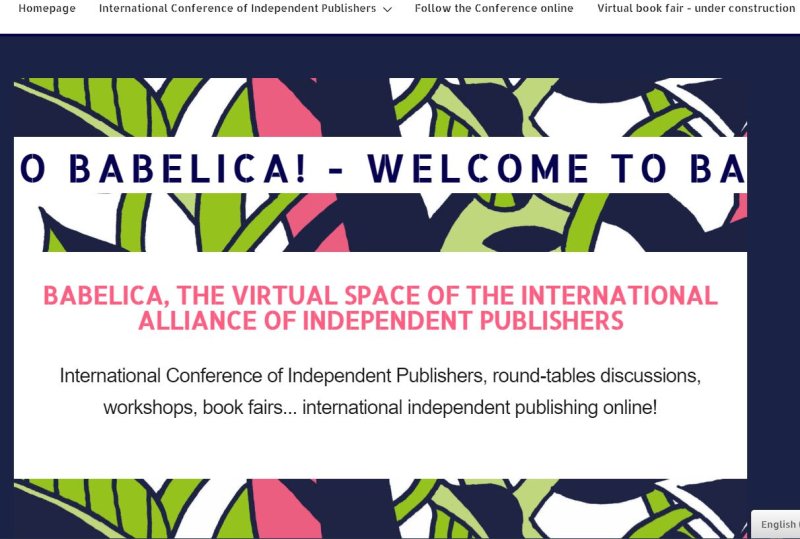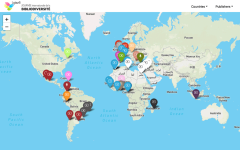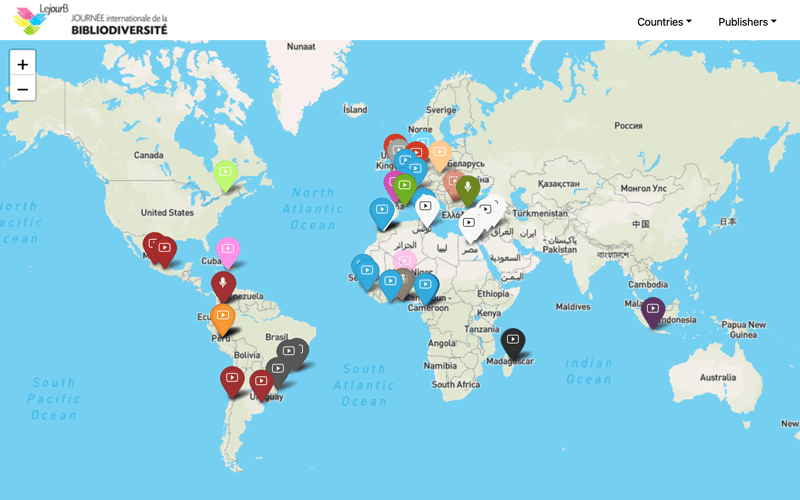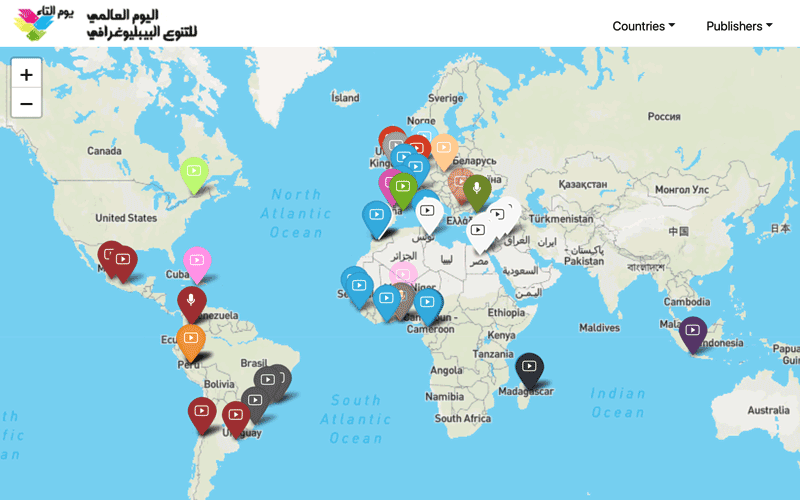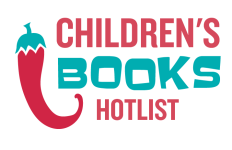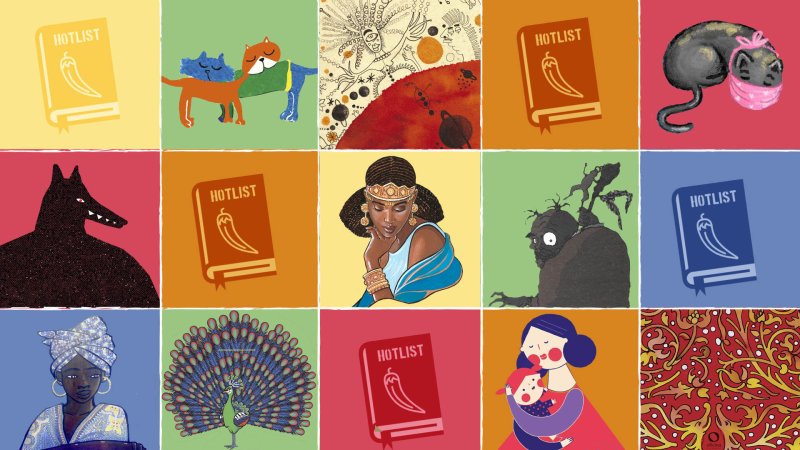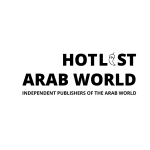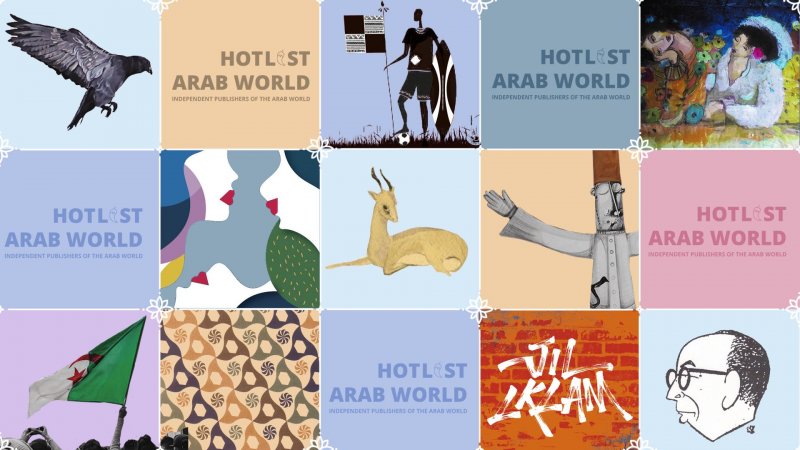
Gathered in the city of Pamplona-Iruñea from 23 to 26 November 2021 at the fourth International Conference of Independent Publishers, organised in partnership with EDITARGI (Association of Independent Publishers of Navarre), we, the publishers of the International Alliance of Independent Publishers (IAIP), reaffirm our commitment to:
- the cultural, social and political character of books and reading;
- the democratisation of books in our societies;
- reading as an emancipatory practice that strengthens the critical thinking of citizens and stakeholders within their society.
Read the full Declaration here:
This Declaration is in line with the discussions and work of the International Alliance of Independent Publishers, in particular the Declarations of 2003, 2007 and 2014 and the 80 recommendations in favour of bibliodiversity. It will be complemented by a Guide to Good Practice (collective work in progress, for publication in the first half of 2022).
















